Recently updated on July 21, 2022 at 01:05 am
Many people who change their summer/winter wheels themselves have probably already experienced it. The wheel bolts / wheel nuts are difficult to unscrew and some are heavily rusted. The idea quickly comes up of making the wheel bolts workable before screwing them back in. But what is the point of greasing wheel nuts and wheel bolts? Rusted wheel nuts are difficult to remove. That's why many think about greasing the nuts or studs to protect them from rust. However, you should think twice about this. On the one hand, there are only a few car manufacturers who allow this at all with special tools, on the other hand, others speak Reasons against!
do not use oil/fat etc. because...
- The wheel bolts or wheel nuts are located in the immediate vicinity of the brake system and are therefore exposed to high temperatures. This could lead to burning of the grease, which may cause the nuts and bolts to become seized.
- Threads that are greased/lubricated may become loose to solve
- So you should neither wheel bolts nor wheel nuts grease. It is completely sufficient instead, one wire brush to hand and carefully free the threads and surfaces from the corrosion of the surface. Also a cordless screwdriver with a hedgehog attachment (Round brush/turbo hedgehog) can possibly be used with little pressure and low speed. if necessary soak the bolts/nuts in coke
- Especially the good old one WD-40 In this case, it has a rather negative effect and almost like an adhesive. In addition, the torque limit can be slightly exceeded when screwing in with WD-40. That can be the wheel stud to destroy.
Wheel nuts & wheel bolts: the difference
There's a way you can see with just a single glance whether you're dealing with wheel nuts or wheel bolts. To determine the type of connection used, first remove the hoop. If wheel nuts were installed, are studs to see. These are firmly connected to the hub. If this is the case, the tire is pushed over the studs. This is done by positioning the precisely fitting holes in the rim directly over the bolts and thus pushing them in. The wheel nuts are then installed and tightened. In the case of a system with wheel bolts, you will not find any stud bolts in the hub, just screw holes.
Info: There are these types of wheel bolts and it is important to pay attention to them!
When changing a wheel, you must ensure that the wheel is perfectly aligned. This is the only way that the wheel bolts can be inserted into the appropriate screw holes afterwards. It should also be noted that there are two different wheel nut systems. They differ in their shape. While the one conical are, the others are more alike roll (cone shape/spherical shape). It is essential to ensure that the shape of the wheel nut is selected to match the rim. This is the only way the wheel nut can be properly accommodated in the recess provided. If you do not observe this, you risk loosening the wheel nuts and thus an increased risk to driving safety.
Are wheel nuts rarer than wheel bolts?
- The experts in the trade journals agree that that nowadays wheel bolts are used in most cases. Wheel nuts are probably only rarely used. But this impression deceives. Even today there are still many manufacturers who install wheel nuts and swear by them.
- Among the well-known vehicle manufacturers, some of whom continue to rely on the wheel nut system, there are about Opel and Ford. These global players deliver almost all models with wheel nuts. And in addition to the big brands in the automotive industry, Asian manufacturers are also betting Kia or Honda on wheel nuts and use the technology on the vehicles they manufacture.
- Basically However, it corresponds to the facts that many well-known manufacturers such as VW, Audi, BMW or Mercedes mainly work with wheel bolts, as these are more flexible for vehicle users.
- In the assortment of most spare parts dealers you will still find wheel bolts and wheel nuts in various shapes and variants. So it is not a big challenge to find the right spare parts for the car and the tire.
Different systems offer different advantages!
Wheel nut and wheel bolt systems each offer different advantages. With wheel nuts, changing tires is child's play. The wheel is pushed onto the hub and the stud bolts and it is ready for use again.
- The wheel cannot slip because of the stud bolts on the hub. An Disadvantage is the freedom of movement of the wheel nuts. You need to be followed up after a certain period of time. If this does not happen, the risk of accidents is increased.
- Complications can arise if a wheel nut is found to be corroded when changing a tire. While a wheel bolt can be drilled out and easily removed in the event of corrosion, this is not so easy with a wheel nut. A tire change would cost a lot of time and energy in this case.
- A wheel change does not always happen in the authorized workshop and under professional supervision. In the event of an unforeseen wheel change due to a breakdown, corroded wheel nuts can quickly become a problem. But even rusted wheel bolts are no reason to be happy in the event of a breakdown, but these can usually be removed much more easily with improvised tools.
Both wheel nut and wheel bolt system as safety protection
Expensive rims with high-quality tires should have effective anti-theft protection. Both systems, both wheel nuts and wheel bolts are suitable for this. To ensure protection against theft, you should always have wheel bolt and wheel nut sets with you Felgenschloss use, which can only be unlocked with a special key. It is sufficient if only one wheel nut or wheel bolt per rim can be opened with just the key. Both commercially available screw sets and the safe special sets are available in all well-stocked specialist shops.
Wheel bolts and the perfect torque
It exists, the perfect torque for wheel bolts. And only with this you should tighten screws. Most think that it can be done with just a few turns and the screw will then hold. Unfortunately, this impression is misleading. In order to create a force-flush connection, a Minimum number of turns to reach. This is usually six turns. This is the only way to achieve acceptable safety in use.
Flexible wheel bolts – further advantages
Not only are wheel bolts easier to loosen, even when rusted tight, they also offer other benefits.
- Wheel bolts are available in various lengths and can therefore be used precisely.
- In contrast, the length of the wheel nut system must fit exactly. Here it is important that the rims match the diameter and length of the studs.
- Flexibility is a big advantage for wheel bolts, as they can be aligned with the diameter of the rim.
- When purchasing new rims, you can decide according to your taste and not the type of wheel nuts. You can easily change to the desired length with wheel bolts.
Does it make sense to regularly tighten wheel nuts or wheel bolts?
Regardless of the yes or no to tightening, it is important that the correct torque is used when tightening a wheel on the vehicle for the first time. If you notice this, it usually is unnecessaryto tighten the screws. However, this does not apply to wheel nuts. These should be tightened again with the appropriate torque after driving 50 kilometers at the latest.
In general, it doesn't hurt to check the tightness again after a few kilometers. It doesn't matter whether it's a nut or a screw.
We always recommend a technically correct tire change in a specialist workshop. As a rule, they are then reminded by a note of the necessary retightening after a few kilometers.
Of course, that wasn't the end of it!
tuningblog has countless other articles on the subject of car and auto tuning in stock. Do you want to see them all? Just click HERE and look around. In part, we would like to provide you with news but also off the tuning. In our category Tips, products, information & Co We have reviews of car or accessories manufacturers, new ones Tuning Wiki Terms or one or the other Leak veröffentlicht. Just click on one of the following posts!
other related posts
|
The repair systems from QUIXX for mobile homes and caravans! |
|
 tuningblog.eu Your magazine about tuning the car
tuningblog.eu Your magazine about tuning the car
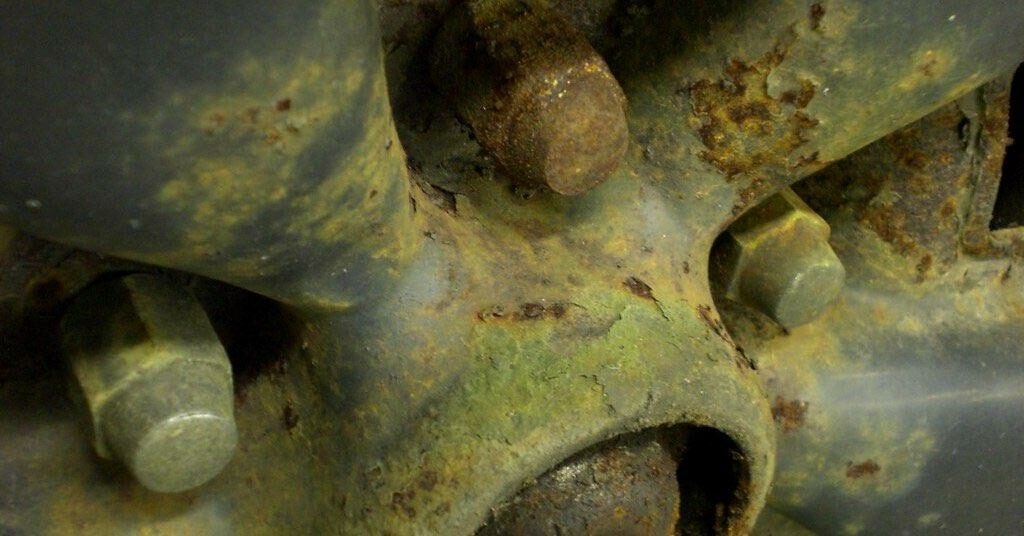
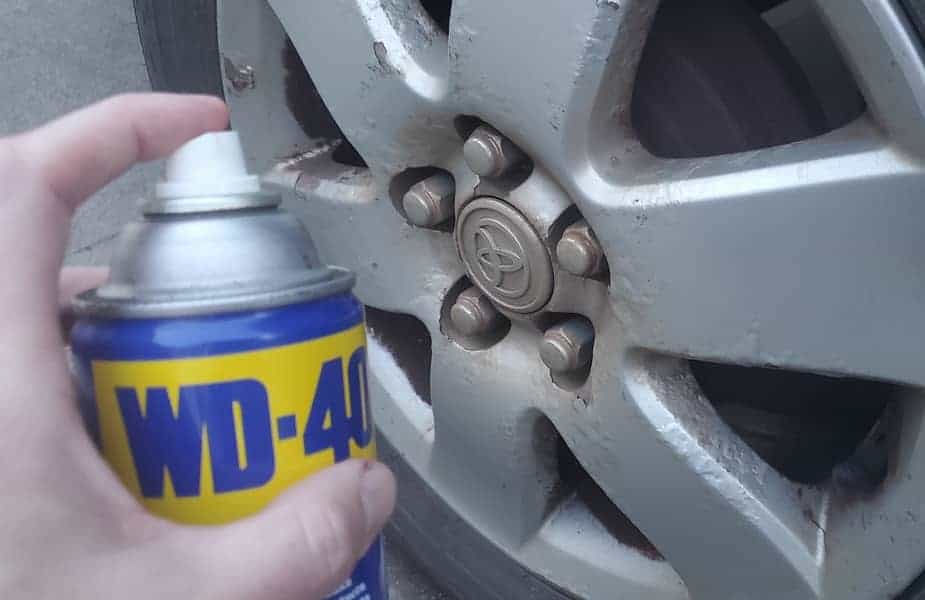
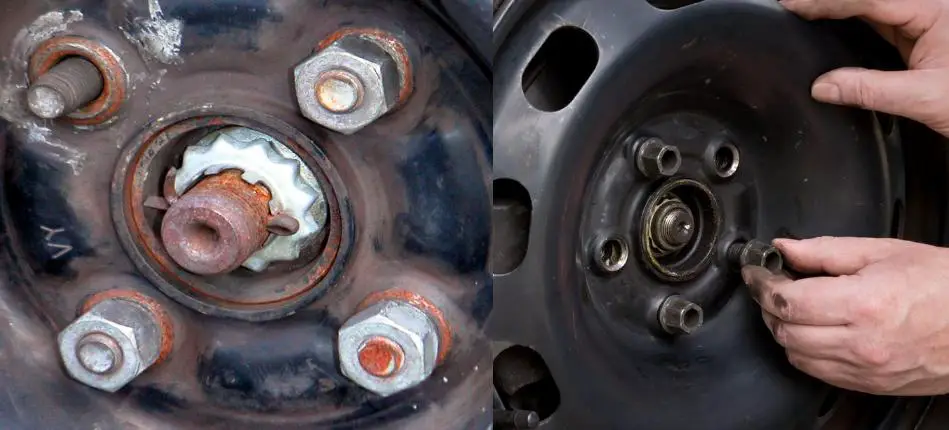
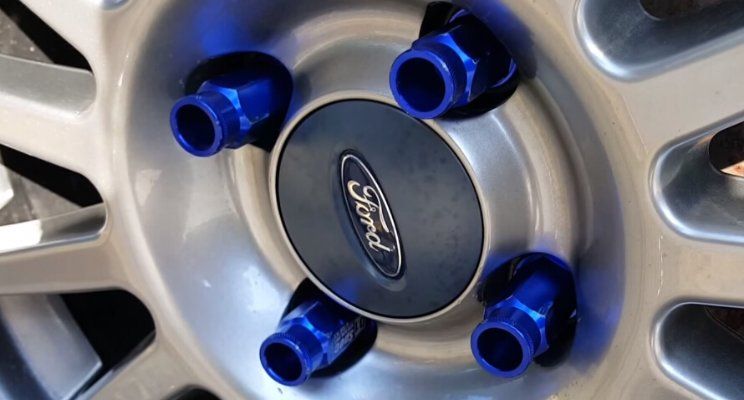
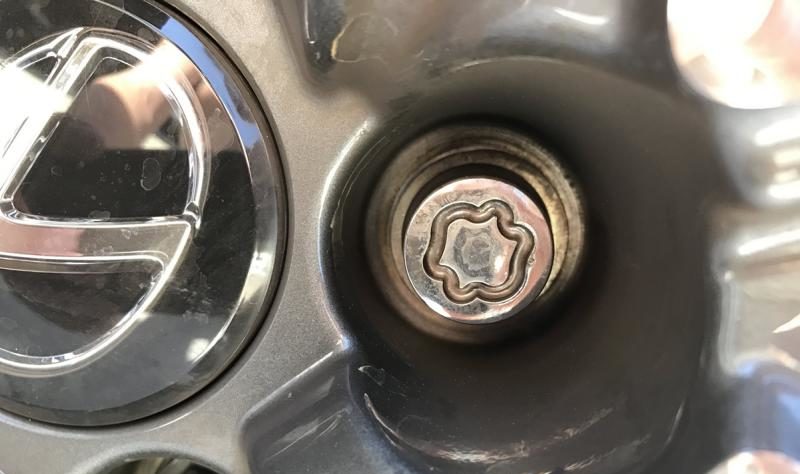

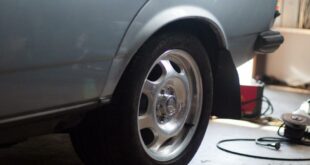



I "only" tighten the wheel bolts with the torque wrench and have them checked after 50 km or check them myself. Importantly, over-tightening wheel bolts is worse than under-tightening. Wheel bolts are self-locking due to their tapered seat, must be tightened and are designed to be tightened. If you turn them too tight, the clamping force is exhausted and they can tear off due to temperature differences. Better too loose than too tight. Because the wheel bolts do not hold the wheel, they only lock it on the hub and withstand lateral forces very well.